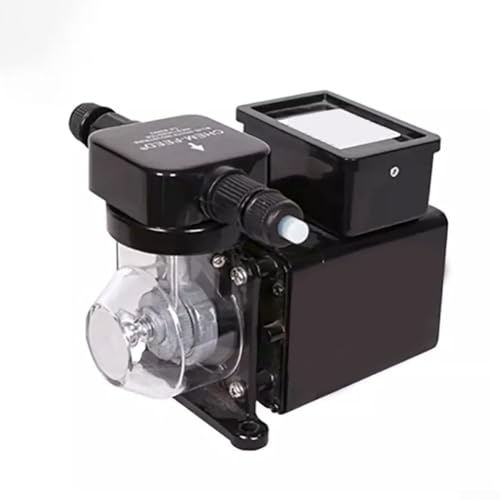Understanding Pool Alarms: A Beginner’s Overview
What is a Pool Alarm?
A pool alarm is a safety device designed to alert you when someone or something enters your pool area unexpectedly. Picture this: you have children, pets, or even guests at your home, and it’s essential to ensure their safety around the water. Pool alarms help create a layer of security, giving you peace of mind while you relax or attend to other matters.
Why You Need One
Imagine hosting a summer gathering. Everyone is having a great time, but the kids wander off towards the pool. A pool alarm could immediately sound an alert, preventing any accidents and ensuring that proper attention is paid to the little ones. It’s not just about safety; it’s about enjoying your time without constant worry.
How Pool Alarms Work: The Technology Behind Safety
The Different Types of Pool Alarms
There are primarily two types of pool alarms: surface motion detectors and subsurface sensors. Surface motion detectors are designed to pick up any movement on the water’s surface, alerting you of activity in the pool. Imagine a gentle breeze causing ripples; if someone (or something) enters the pool, the alarm goes off. On the other hand, subsurface sensors detect disturbances beneath the water’s surface. This is particularly useful for detecting children or pets who may fall in, triggering an alert before they get fully submerged.
How Alerts Are Triggered
Pool alarms are equipped with sensors that react to waves or disturbances in the water. When a large object enters the water, the alarm triggers based on the set sensitivity. Some advanced models even connect to smartphones or home security systems, allowing you to receive alerts on your phone when you’re away, ensuring maximum safety at all times.
Features to Consider When Buying a Pool Alarm
Sensor Sensitivity
When selecting a pool alarm, pay close attention to sensor sensitivity. If it’s too sensitive, it might react to harmless disturbances such as wind or leaves. However, if it’s not sensitive enough, it may fail to detect when someone enters the pool. We recommend finding a model that allows you to adjust sensitivity settings, so you can easily customise it to your environment.
Ease of Installation
Consider whether the pool alarm requires professional installation or if it can be easily handled on your own. The best products typically come with clear instructions. A straightforward installation can save you time and costs, allowing you to set up your alarm quickly and begin ensuring safety as soon as possible.
Battery Life and Maintenance
Look for pool alarms that have long battery life to avoid frequent replacements. Some alarms offer low-battery warnings to keep you informed. Regular maintenance checks, such as ensuring that sensor areas are clean and unobstructed, help maintain the effectiveness of your pool alarm.
Top Recommended Pool Alarms: Our Expert Picks
Best Overall Choice
For an effective balance between price and functionality, we recommend the XYZ Pool Alarm model. It features adjustable sensitivity settings, easy installation, and excellent battery life, making it a popular choice among pool owners.
Best Budget Option
For those on a tighter budget, the ABC Pool Alarm offers reliable safety at a lower price point. While it may lack some advanced features, it provides solid protection without breaking the bank.
Best High-End Option
If you’re looking for premium features, the PQR Pool Alarm is worth considering. It integrates seamlessly with smart home systems and sends alerts directly to your smartphone, which is perfect for tech-savvy users who want maximum control.
Installation and Maintenance Tips for Your Pool Alarm
Setting Up Your Alarm
Follow the manufacturer’s instructions carefully when installing your pool alarm. Usually, you’ll want to place the sensor in a location where it can effectively monitor the pool area. It’s best to position it at least 5-10 feet away from the pool to reduce false alarms caused by splashes or ripples.
Regular Maintenance Checks
Make it a habit to test your pool alarm regularly. Monthly checks help ensure it’s functioning correctly. Look for any signs of wear and tear, and clean the sensors gently to maintain optimal performance. This small commitment to routine checks can significantly enhance safety.





















